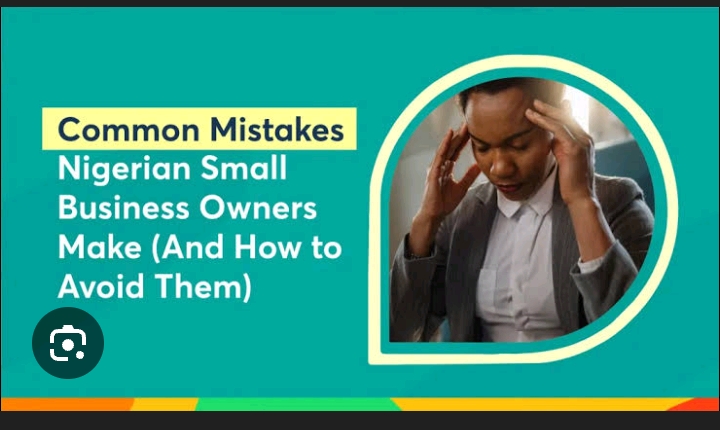WHY WE GET ADDICTED, AND POSSIBLY SOLUTIONS TO STOP ADDICTION
In our daily life, there are various practices or behaviors which pique our interest and gradually gain our attention. To live a fulfilling and happy life, oftentimes we depend on these practices.
Sometimes these practices might not be the very fulfilling life we yearn for, but we just have to do them, because they have become part of us.
Addiction is one such practice. In this short post, we will look into why we get addicted and proffer possible solutions to salvage an addicted person.
What is Addiction?
Addiction, often attached to bad behaviors or practices, can be considered a condition in which an individual is unable to stop using a particular substance or stop engaging in a certain behavior despite its harmful effects.
At times, the cause of addiction may not solely depend on how happy we are when doing certain things but how prolonged and consistent we keep doing them, such that they become an inseparable part of us.
In today’s world, the possibility of getting addicted to things is high. The modern world is filled with lots of tasty, addictive content that can easily get kids, teenagers, and to an extent, adults addicted.
Social media, drugs, gambling, smoking, pornography, compulsive lying, video games, and many more are things that can easily cause addiction to an individual.
As simple as it may seem, the start of an addictive life results in how consistent and persistent a person continues doing a particular thing.
What's common across all substance and behavioral addictions is their stunning ability to increase the levels of an important chemical in the brain called dopamine.
Understanding the Role of Dopamine on Addiction
Dopamine, a type of neurotransmitter that plays a role in how we feel pleasure, is a unique human ability that helps in thinking and planning. When an individual uses a drug or receives any level of pleasure, dopamine is triggered.
The interesting fact is how different drugs or pleasures trigger the dopamine reward system. How quickly each drug or pleasure gets into the brain, and how powerfully it activates neural circuits, determines how addictive it will be.
As an individual continues with certain habits, the brain gradually starts adapting to them; leading to an addiction. Because of this gradual adaptation to these things, the desire for them becomes more important than the actual pleasure they provide.
A key factor of dopamine is that it triggers the need for the addictive substance or experience to be constantly replayed in the brain including the emotions and desires associated with it.
Though in most cases, not everyone who gambles or tries any pleasurable thing gets addicted, other factors influence the development of an addiction.
Peer pressure, age, environmental influence, and trauma are other factors that cause addiction. The very reason why getting addicted to things is considered harmful is how those things take your time and attention and some end up destroying our lives, especially harmful substances like drugs.
Solution to Addiction
Addiction is a growing concern in our society, so many enticing things are available to get anyone addicted. Whether you are an addicted person or know someone who is dealing with an addiction, getting over it can be very challenging but it is very possible.
Below is a list of possible solutions to help overcome an addictive lifestyle.
1. Make a Decision to Quit
Your recovery begins with a conscious choice. Commit to a better future for yourself. Whether it’s focusing on your career goals, improving family relationships, or finding happiness, remind yourself why you’re quitting.
2. Change Your Memories
Memories can trigger addiction. Try this technique: Recall your first experience with addiction (e.g., smoking a cigarette). Now reimagine that memory without buying the addictive substance. Change your memory by reconstructing it.
3. Choose a Quit Date
Set a date within the next 3 weeks. Mark it on your calendar. Share it with friends and family for added support. Remember, relapses are normal; get back on track if they happen.
4. Reach Out for Support
Talk to your doctor, a mental health professional, or a counselor. They can guide you through the process and provide valuable assistance.
5. Cope with Stress Healthily
Find healthy ways to manage stress. Exercise, meditation, and hobbies can help you stay on track.
6. Recognize Triggers and Cravings
Identify what triggers your addiction and develop strategies to avoid or cope with them. Cravings are normal; acknowledge them and stay strong.
7. Build a Meaningful Life Without Addiction
Engage in new activities, connect with supportive people, and create a fulfilling life. Consider therapy for extra support.
Conclusion
So far, we have talked about an addiction and what triggers it. We have also offered solutions throughout this post. Though addiction may not probably be considered the major harm facing humanity and its Environment, to help prolong the lifespan, you should do things moderately.
The harsh triggering of dopamine, peer pressure, environmental influences, curiosity, Loneliness, and to a very notable proportion, the persistent and continuous usage of a particular substance (drugs) can lead to an addiction that is harmful to an individual life. Don’t do it!
































.jpeg)
.webp)








(0) Comment
(0) Comment